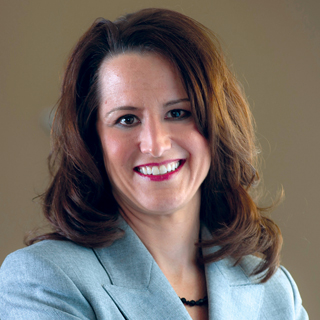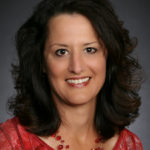
“First we eat, then we do everything else.”
–M.F.K. Fisher
Our ability to swallow is something we rarely think about — until it becomes all we can think about.
Managing swallowing disorders (known as dysphagia) or helping older adults with the inability to swallow can pose quite a challenge. As people grow older or experience neurological insults, such as a stroke, dementia or Parkinson’s disease, they may suffer swallowing problems which can include the inability to swallow safely.
Often times, an altered diet such as puréed/blended foods and thickened liquids are prescribed. In more severe cases, a feeding tube or alternate means of nutrition is inevitable. Additionally, the person may become malnourished, dehydrated, and/or experience aspiration which can lead to repeated pneumonia, respiratory infection and in some cases, can be fatal.
According to an article published in 2013 by the National Institutes of Health, the prevalence of dysphagia is even higher in those residing in assisted living and skilled nursing communities, where up to 40% to 60% of residents are reported to have feeding difficulties.
The number of those over 85 is expected to triple from 6.3 million in 2015 to 14.6 million in 20140, according to the Department of Health and Human Services. As the number of older adults increases, is not surprising that dysphagia is becoming recognized as an important national healthcare issue associated with enormous cost.
To a person with dysphagia, eating normally is not safe. So, what now? A speech-language pathologist (SLP), a professional responsible for helping others to manage their swallowing disorder, can assess and develop an individualized plan of care.
The clinical goal becomes swallowing safely with the least restriction to meet nutrition and hydration needs. That means determining which food texture and liquid viscosity the person can now swallow safely and if muscle function and coordination can be improved by participating in mouth and throat exercises. These exercises allow people with dysphagia to swallow with less risk or no risk of food or liquids entering the airway.
You must determine if a patient is able to learn and implement safe swallowing strategies during mealtimes. Can caregivers provide the support needed to help loved ones utilize these strategies? Initially, when swallowing difficulty is newly diagnosed, the SLP may recommend food items to be in purée form, which is easier and less laborious to move around inside the mouth as there is no chewing required.
Thick liquids may be recommended as they move slower when swallowed, which can offer an impaired swallow system time to “catch up” and direct the liquid down the right tube (known as the esophagus) to the stomach vs. the wrong tube (the trachea) to the lungs. The SLP will work with the patient to advance safely to higher diet levels until ultimately, if able, the person returns to their prior diet level. There are instances when “normal” may be for the person to continue with a modified or altered diet that is safer for them.
From an interdisciplinary perspective, other professionals included in managing issues for a person with dysphagia may include a physician and a registered dietician. Caregivers should also be included when possible, as they are an integral part of a supportive team.
Returning to our original question, what is “normal” for a person with dysphagia, the answer is whatever goes down the hatch best! We must continually recognize that “normal’ is individualized and unique. Someone may swallow safely and effectively, taking in adequate nutrition and hydration; however, they require food and liquid modification to do so. Others improve to the extent where they are able to eat and swallow without restriction.
In closing, improving a person’s ability to safely swallow the appropriate recommended texture and consistency is paramount. It increases quality of life, overall health, dignity, and ability to participate socially with others.
Kristy Brown, MS, CCC-SLP has more than 25 years of management experience as CEO/ President of Centrex Rehab and former executive director at Augustana Therapy Services. Clinical Speech Language Pathologist Specialist Tamara Althoff, MS, CCC-SLP, has worked at Centrex Rehab since 2000, providing clinical oversight to all speech-language pathologists on staff.





